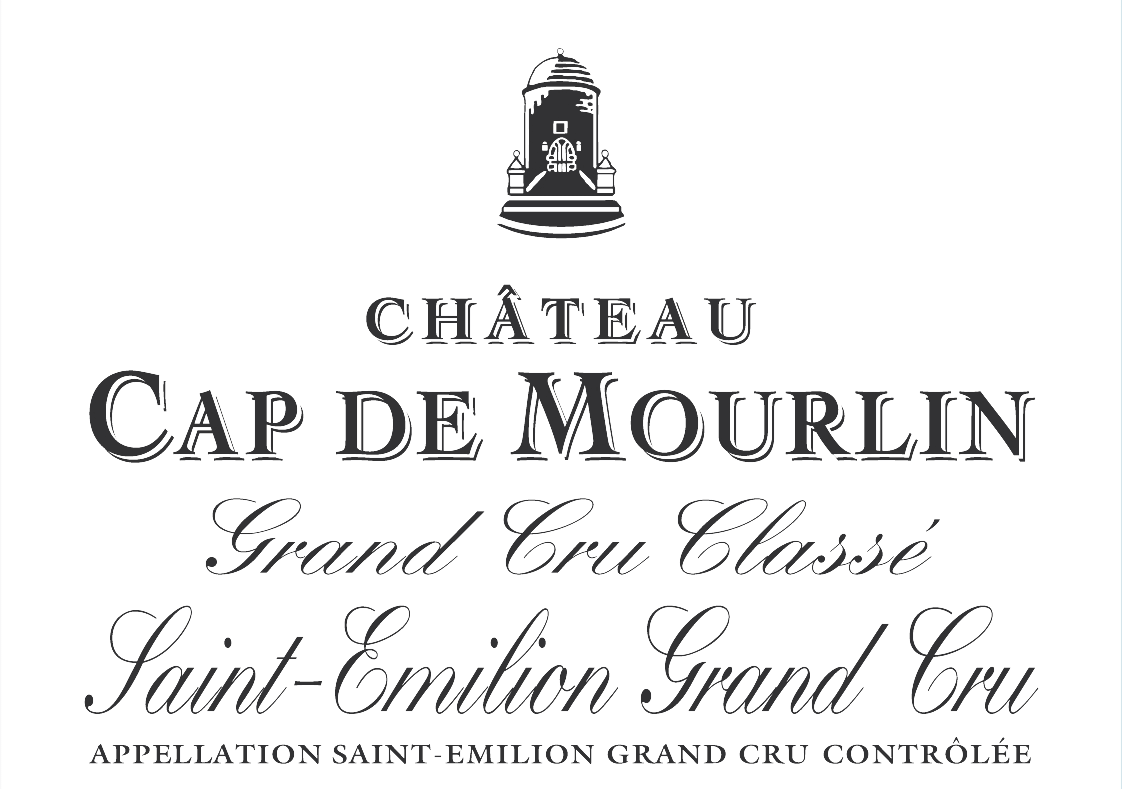
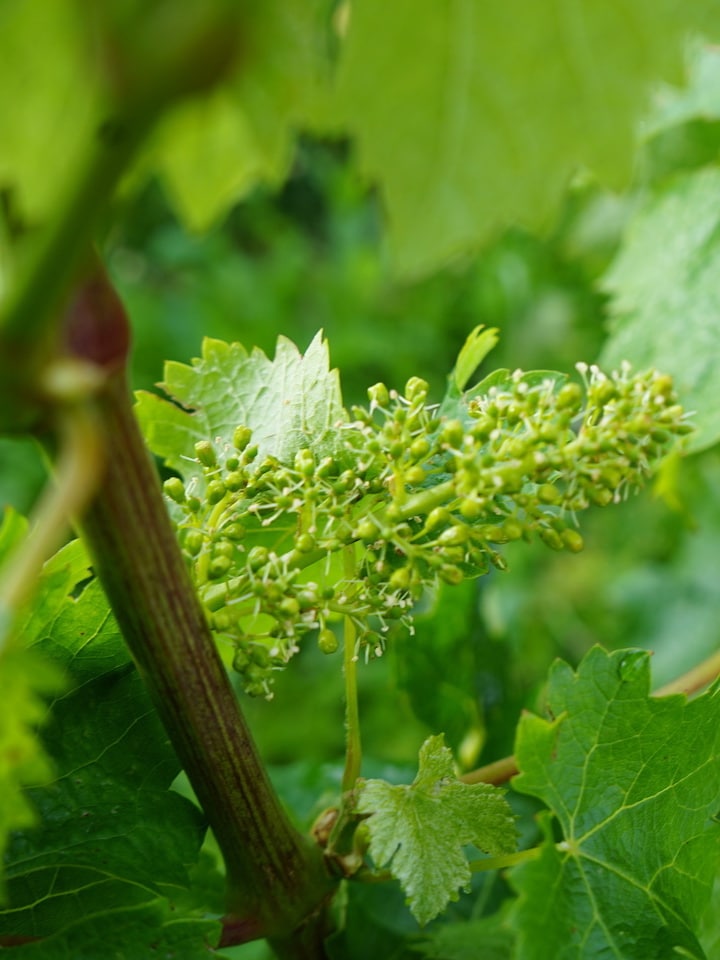
Commitments
The CAPDEMOURLIN family has been established in Saint-Emilion for over 400 years. Preserving our heritage and passing on to future generations a lasting work tool is a priority.
Ethics
The spirit that guides the work at Château Cap de Mourlin is to make wines with a strong identity. Everything is done, from the work in the vineyard to the vinification and maturation of the wines, to offer wines with a strong personality. Vintage after vintage, the same ethic continues: one wine, one terroir.
Eco-responsible
In the quest for quality products and respect for the environment, Château Cap de Mourlin has made strong and rigorous choices in the management of the vineyard.
Biodiversity
The monocultural character of the vineyard requires the winegrower to think about how to develop biodiversity in the vineyards and thus reconnect with nature. Indeed, monoculture systems are more fragile and vulnerable to diseases. Cultivated areas suffer more aggression and damage, while the natural environment is rarely affected. It is therefore necessary to implement actions to develop biodiversity in the vineyards in order to find an ecological balance
ethics
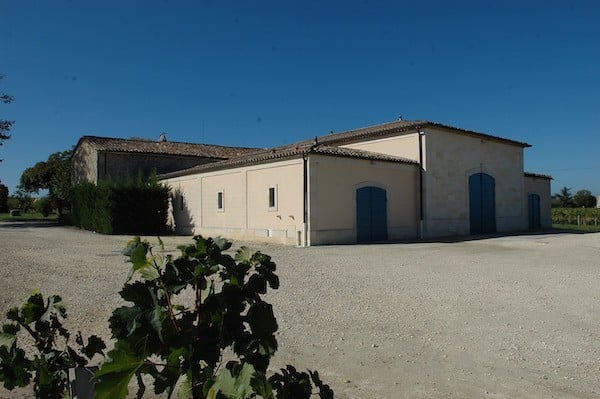
The HVE label is an environmental certification resulting from the Grenelle de l’Environnement and awarded to farms that respect a certain level of environmental practices.
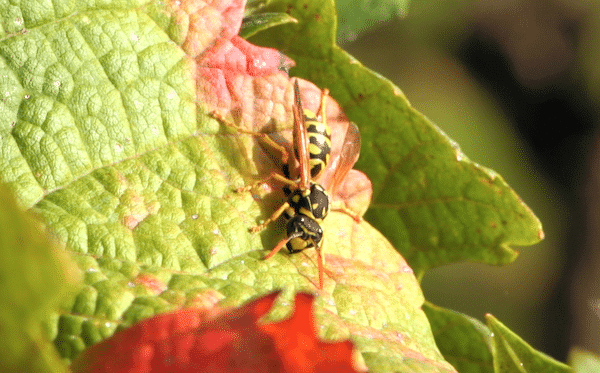
The HVE label is part of a societal and environmental approach.
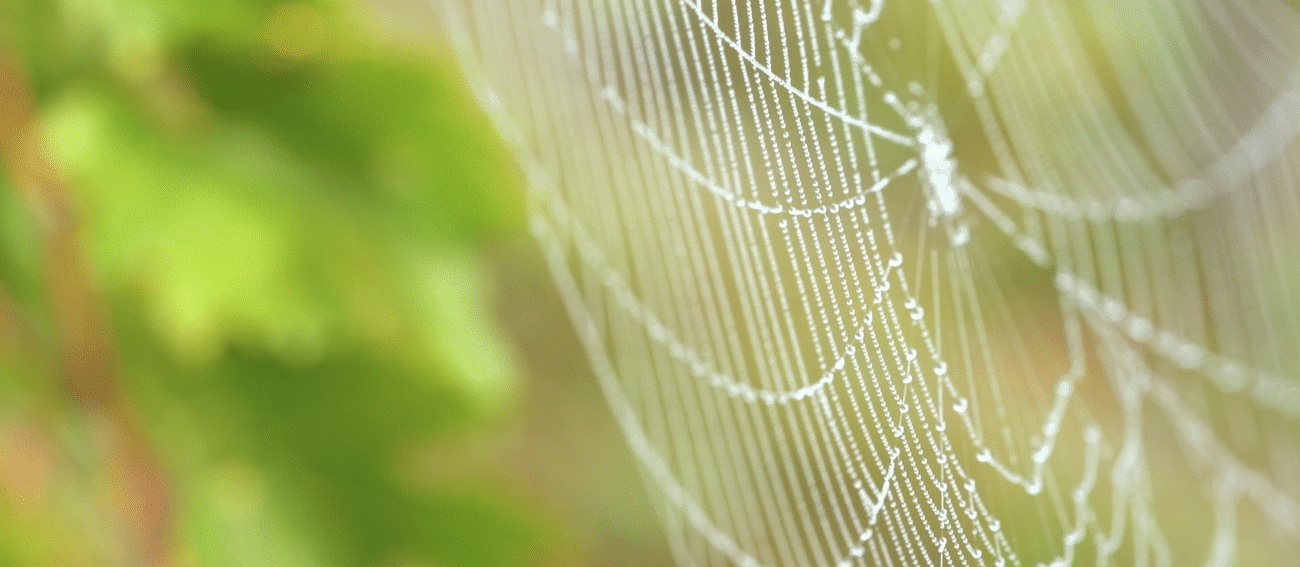
This label includes different aspects: biodiversity, the use of phytosanitary products, the use of water resources and fertilization management.
an environmental approach
Preserving the environment is a primary commitment, which we attach great importance to in our operations.
In 2019, Château Cap de Mourlin was certified HVE High Environmental Value. The specifications for this standard are precise and demanding, favouring a more sustainable and environmentally friendly agriculture.
Biodiversity is at the heart of the process. Natural areas within the plots and around the farm (grassing, ploughing…) are thus put forward.
Environmental management system
The Capdemourlin vineyard team is committed to preserving the environment by improving the vineyard management and the infrastructure of the winery to preserve nature. The objective is to preserve a heritage of over 400 years.
The EMS is an approach based on compliance with the ISO 14001 standard and French regulations. In concrete terms, it is a management tool for the company, aimed at continuously improving its environmental performance. The company assesses the impact of its activities on the environment, sets objectives and gradually and sustainably reduces its impacts.
THE EMS
ON THE SOCIAL LEVEL
Supporting the development of the skills of the operating teams
Strengthen the safety of working conditions
Raising employee awareness of an environmental approach
economically
To perpetuate the company
Integrate the requirements of sustainable development
Responding to new consumer expectations
biodiversity
In recent years, agriculture has been damaging the ecological balance. The preservation of biodiversity has thus become a major concern for the entire profession. Like any agricultural activity, viticulture has an impact on the landscape, the environment, the quality of waterways and the environment in general. By many means, viticulture can contribute to the return of these balances and notably to the preservation of species.
The policy of Château Cap de Mourlin in the field of biodiversity is to commit itself through daily actions to the maintenance of the fauna and flora.
In vineyards, grassing has many agronomic and ecological interests: Improvement of soil structure and bearing capacity
- Erosion control: facilitates water infiltration into the soil and acts as a filter
- Decrease in vine vigor by reducing vegetative growth
- Decreased susceptibility to certain diseases: in particular botrytis, mildew and powdery mildew
- Improvement of the organic matter rate
- Increased biodiversity in the grassy area but also in the soil (promotes biological activity in the soil) and the surrounding areas.
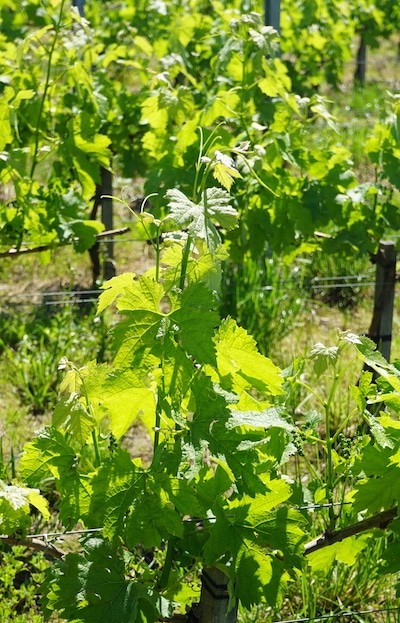
Grassed areas are a major asset to promote biodiversity. When the spontaneous flora is favored and managed in an optimal way, the number of plant species increases greatly, thus constituting a diversity of habitats and micro-habitats that are indispensable for fauna and especially for invertebrates.

